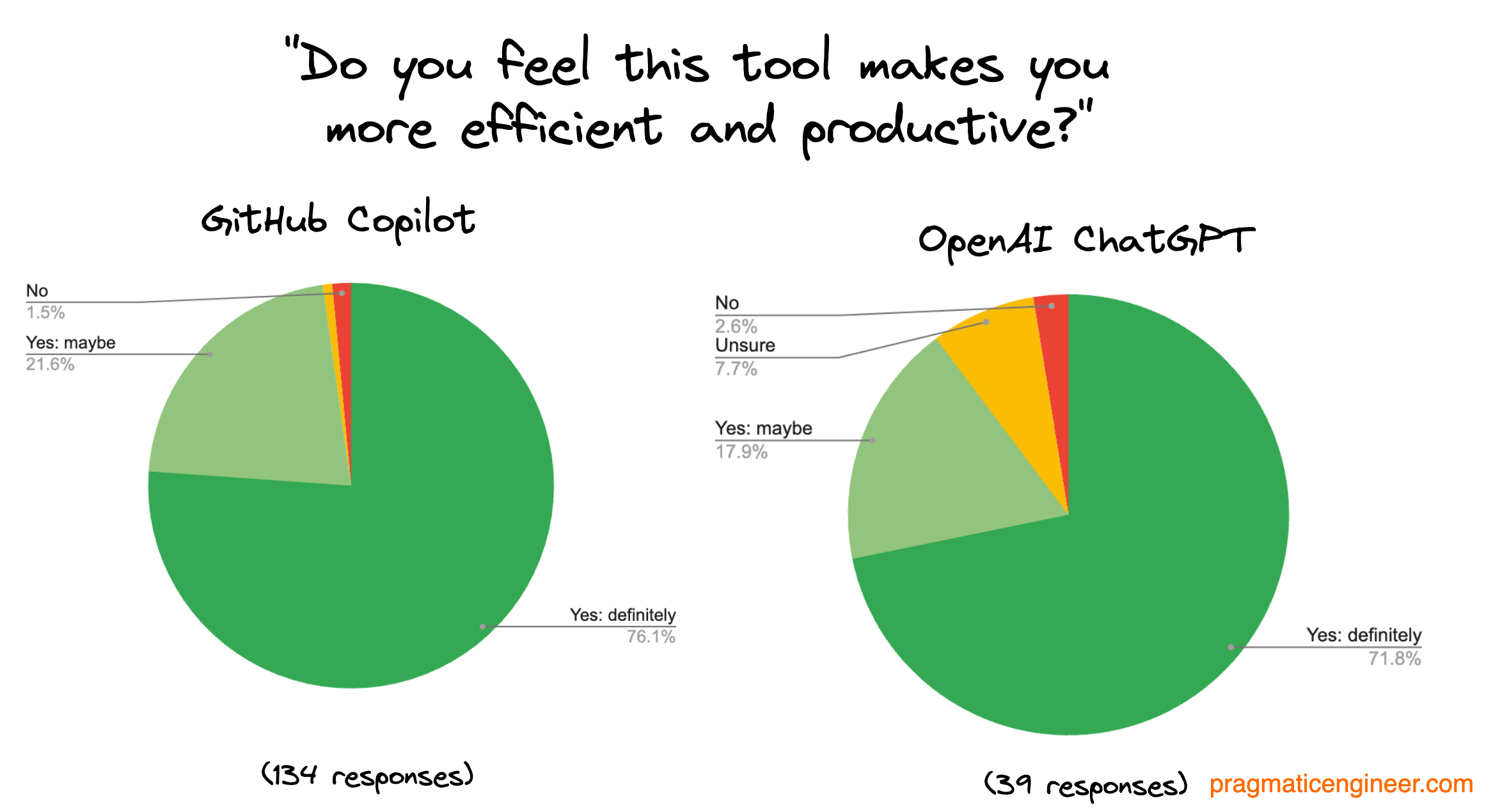AI Coding Assistants May Hinder Veteran Developers' Efficiency, New Study Reveals Surprising Findings

AI Coding Assistants Slow Down Veteran Developers, New Study Finds
Surprising Outcome in Developer Productivity Research
A recent analysis by a respected independent organization revealed an unexpected outcome for advanced programming tools powered by artificial intelligence. Contrary to the widespread belief that such solutions would accelerate workflow, seasoned professionals using top-of-the-line automated coding aids experienced a measurable drop in efficiency. The anticipation was that task durations would see a notable reduction; instead, actual trials showed a significant increase in time required to complete programming assignments.
The investigation focused on well-established contributors who maintain their own digital projects. Each participant tackled genuine problems sourced from their existing codebases, creating a realistic environment for evaluation. Crucially, the sophisticated systems were not only available to participants but were part of the workflow for a substantial number of tasks. The oversight was not superficial—subjects had familiarity and previous exposure to these technologies, ensuring that the results reflected outcomes among those comfortable with automation, not novices.
Understanding the Productivity Gap
Two core challenges emerged as leading contributors to the counterintuitive results. First, professionals spent extra time articulating the exact requests or instructions necessary to guide the digital tools toward useful outputs. This step involved careful thought and iterative refinement, which was not trivial, particularly on complex projects demanding nuanced solutions.
Second, after submitting requests, developers often faced delays as they waited for responses. Unlike the rapid feedback loops typical of human-driven development, automated systems introduced new forms of latency. The combination of prompt engineering and processing wait times added unexpected overhead, ultimately offsetting any speed gained by automation on simple segments of work.
Implications and Broader Context
The findings represent a pivotal moment for those invested in the intersection of software engineering and artificial intelligence. Traditional benchmarks for evaluating new technologies often isolate variables and simplify tasks, but this research underscores the importance of testing in practical, real-world contexts where project histories and personal familiarity shape outcomes. Veteran engineers, managing intricate and sizable codebases, face distinct challenges that may not be visible in smaller-scale or more controlled experiments.
Although the results challenge a prevailing narrative regarding the transformative promise of digital assistants for expert users, the rapid pace of technological iteration means this snapshot of capability could soon be outdated. Advances in underlying models, improvements in response times, and enhanced user interfaces could all contribute to closing the current productivity gap. For now, however, the research offers a rare, rigorously documented look at how innovative solutions perform when deployed among those at the top of their field.
Looking Forward
This investigation delivers valuable insight into the nuanced relationship between advanced automation and expert-level tasks. The outcomes suggest that, at least for large-scale, context-rich work, supplementary intelligence may not always yield the expected boost in output. Yet, the underlying message is one of potential and adaptability—current limitations are not set in stone but serve as stepping stones towards more effective, context-aware design. As progress continues, ongoing observation and real-world measurement will be critical to understanding and unlocking the true promise of digital transformation for high-skilled professions.
